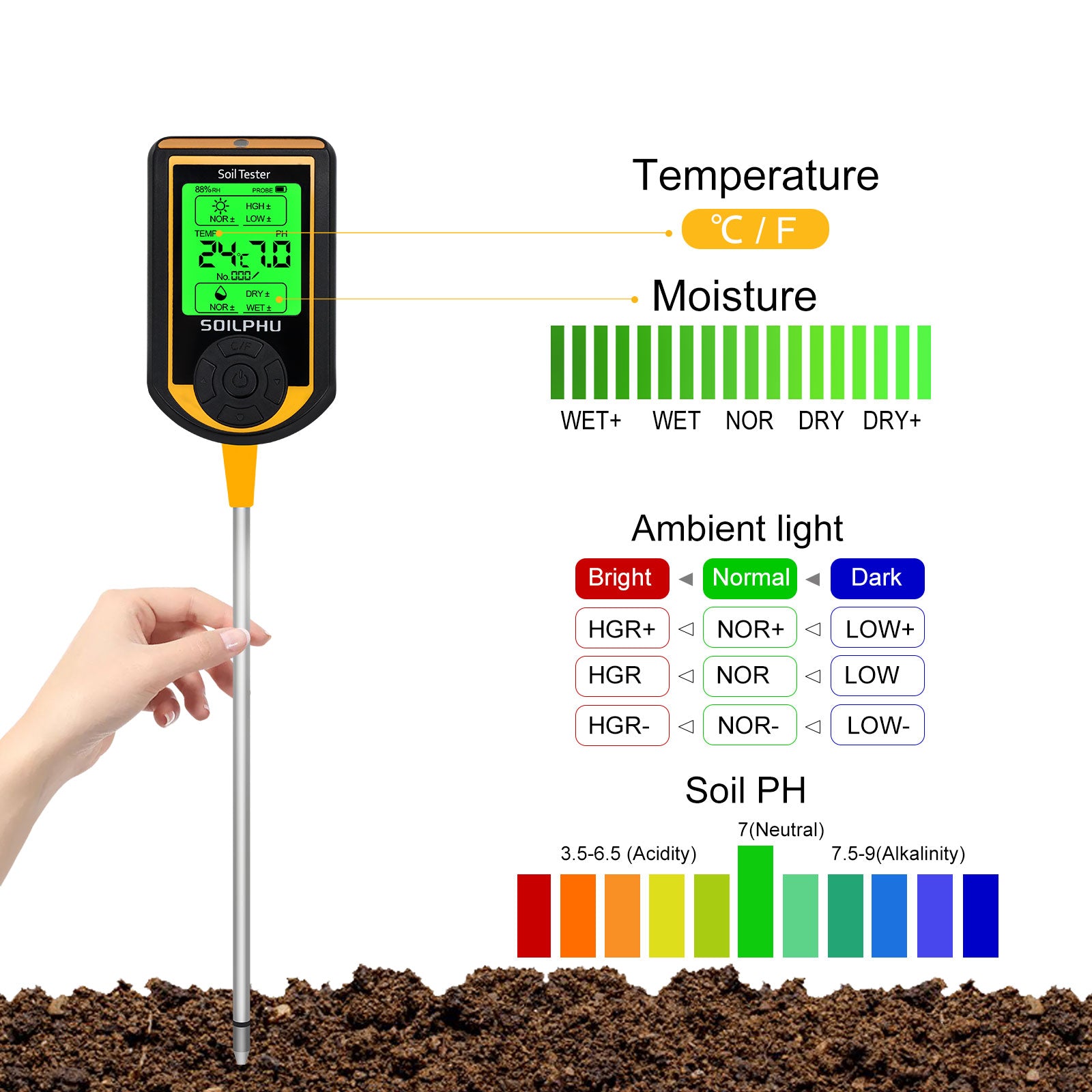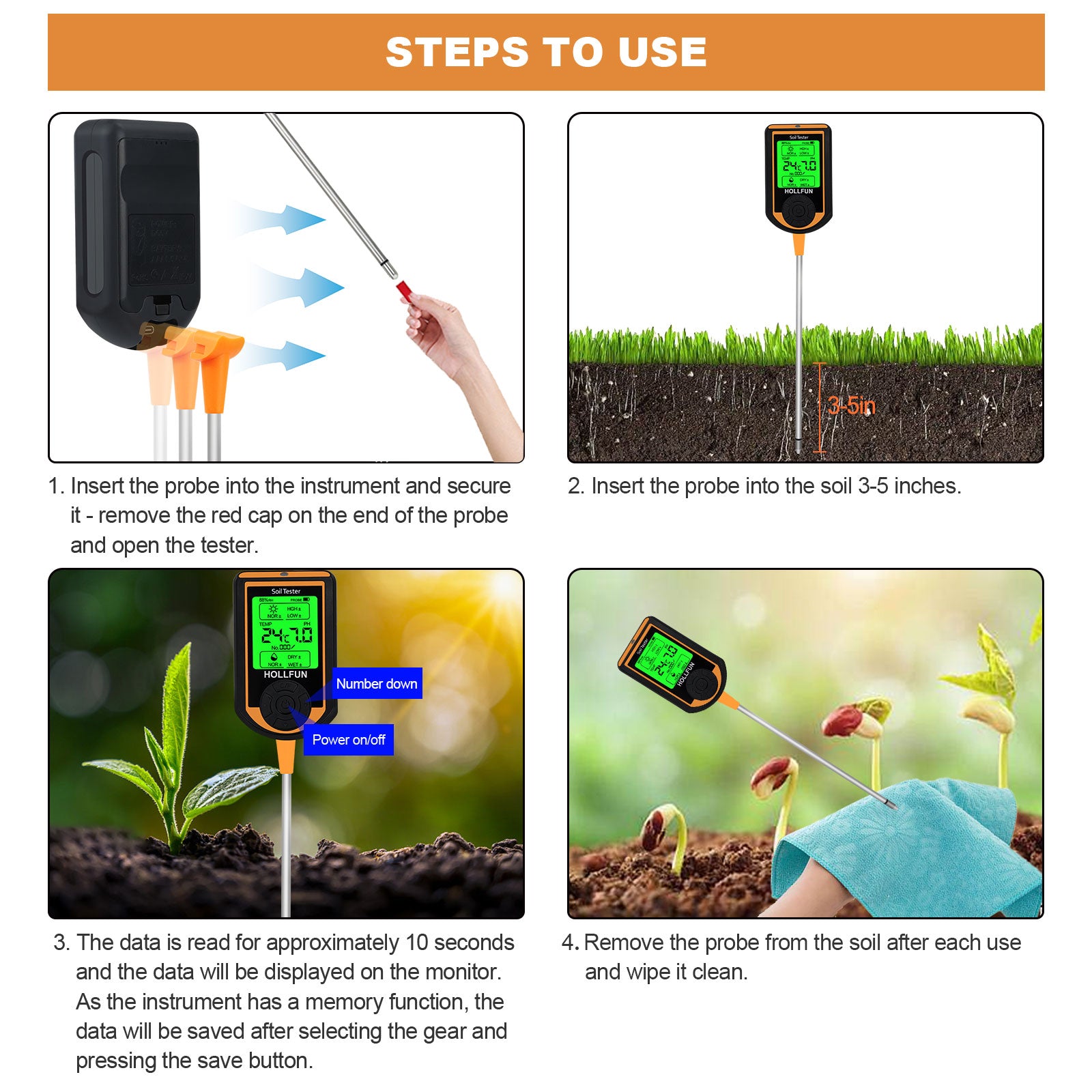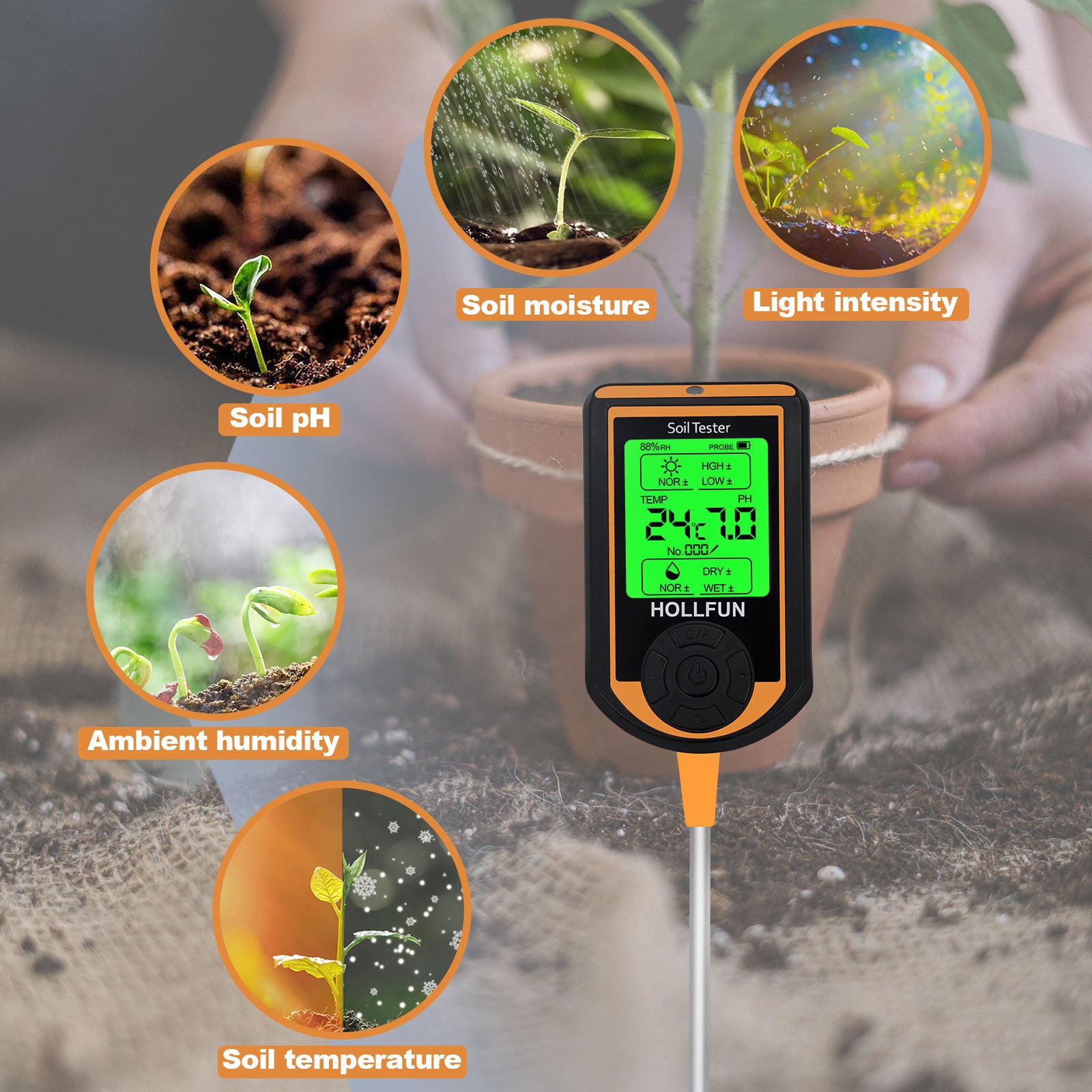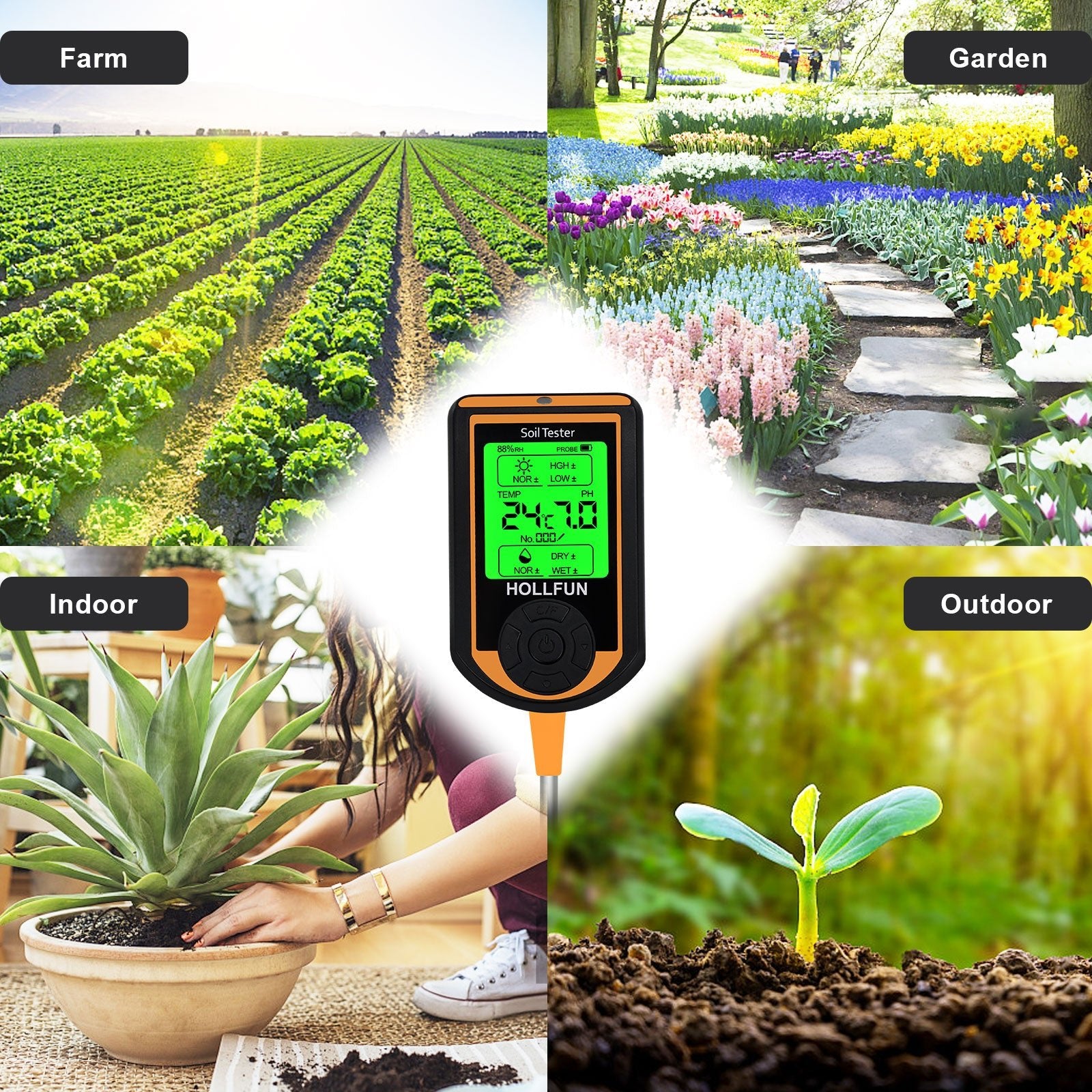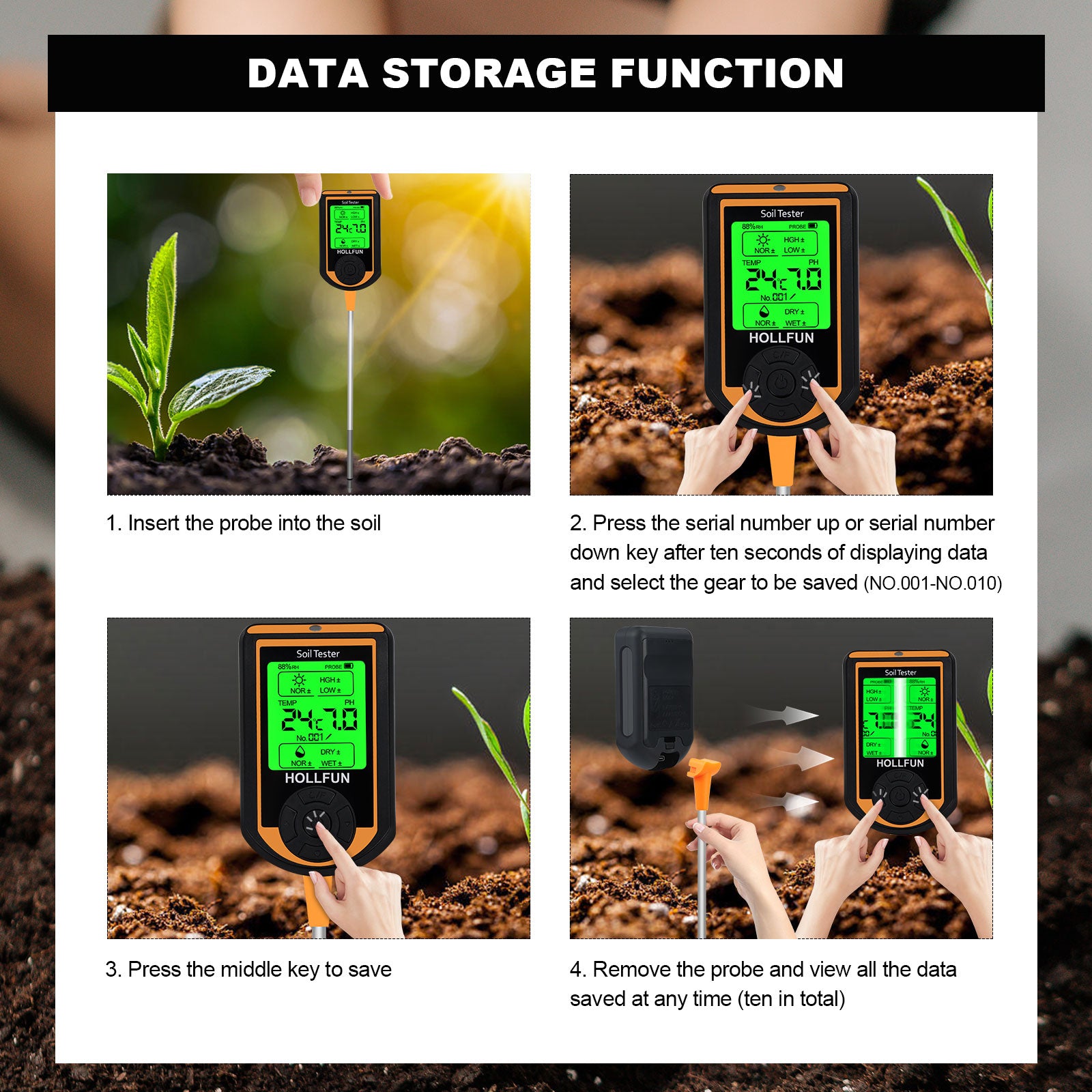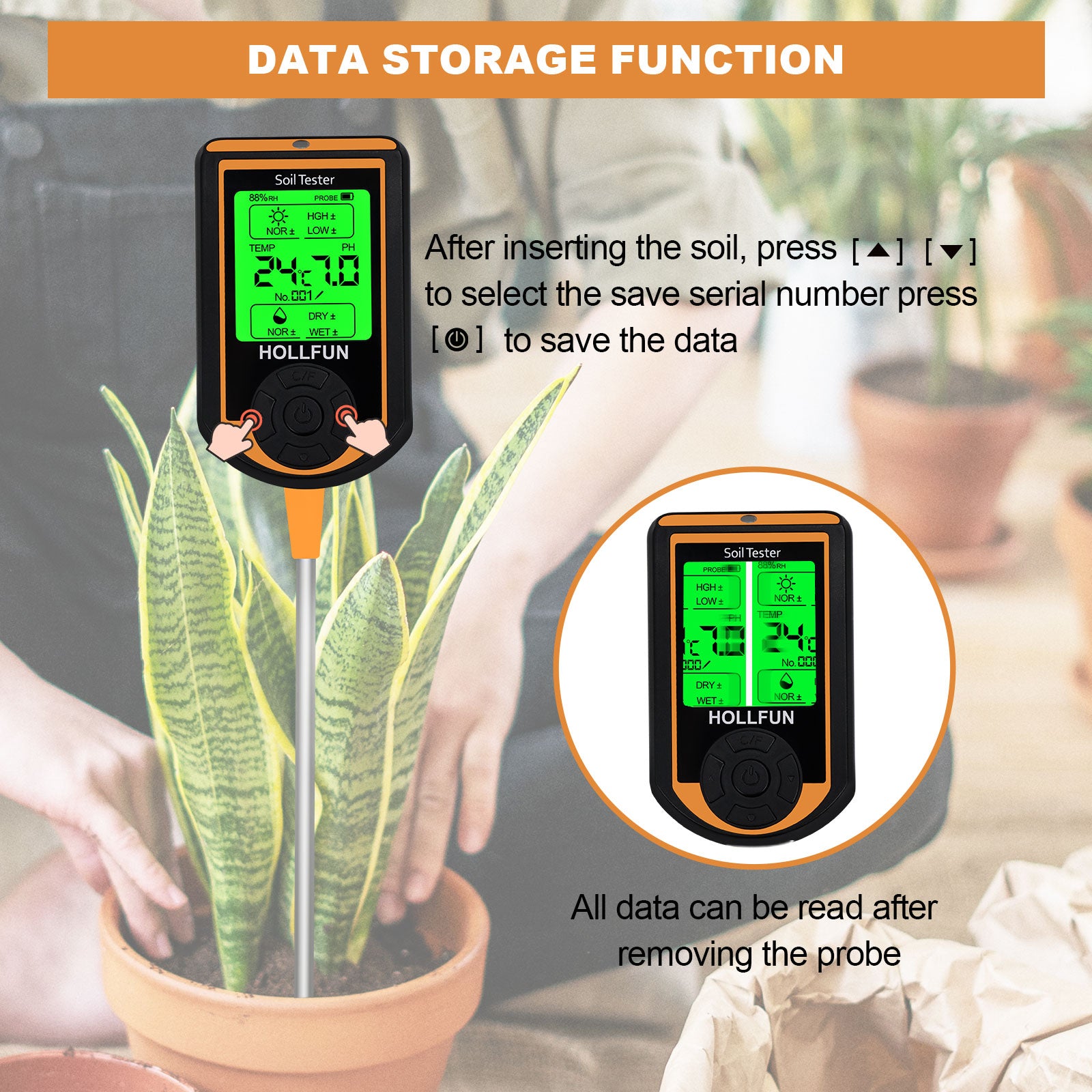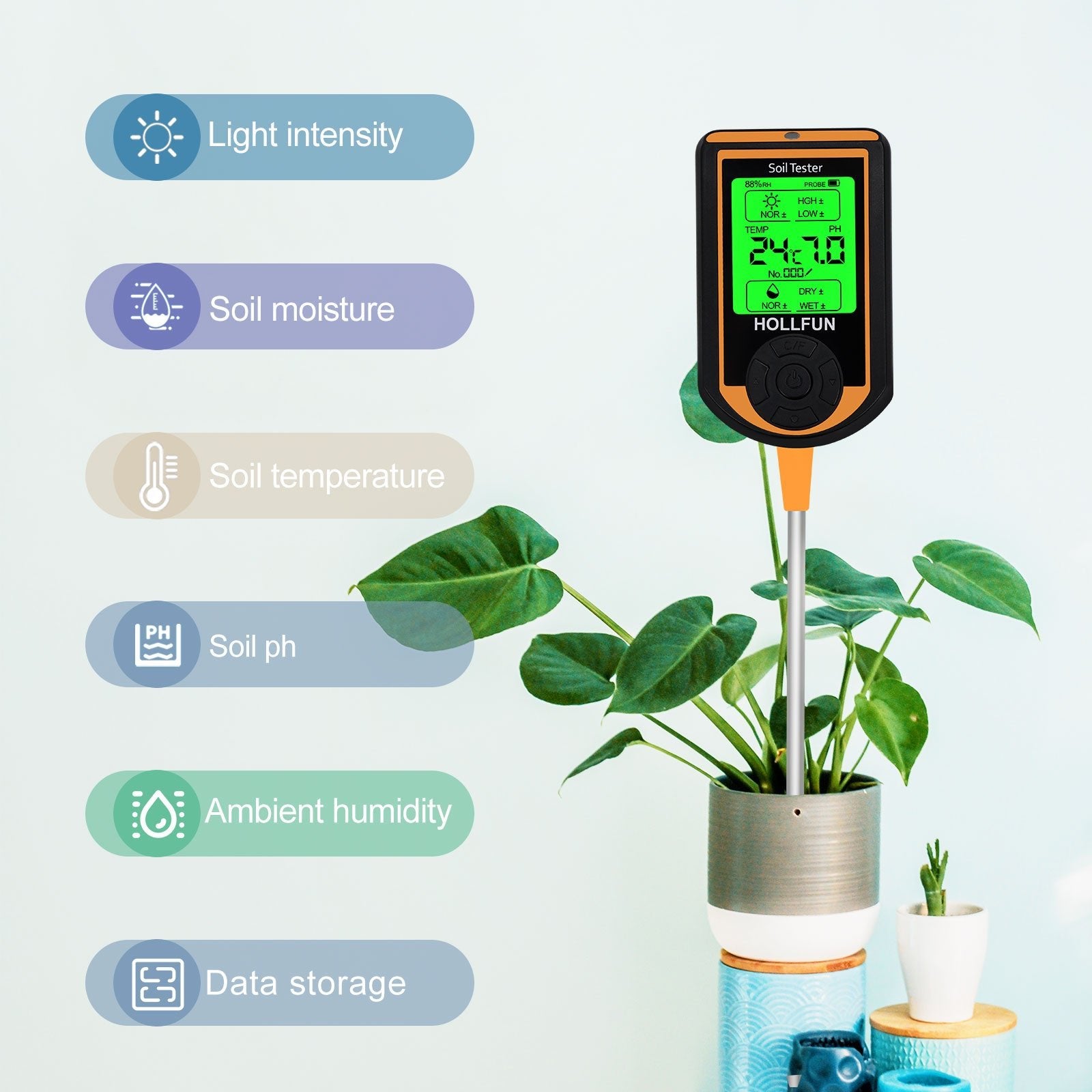Planting flowers can bring numerous benefits to both the environment and individuals. Here are some of the benefits of planting flowers:
1.Aesthetics and Beautification: Flowers enhance the visual appeal of any space, whether it's a garden, park, or even indoor environments. They add vibrant colors, interesting shapes, and pleasant fragrances, making the surroundings more attractive and inviting.
2.Environmental Benefits: Flowers play a crucial role in supporting ecosystems and biodiversity. They attract pollinators like bees, butterflies, and birds, facilitating the pollination process for other plants. This helps in the reproduction of various plant species, including food crops. Additionally, flowers can contribute to the overall health of the ecosystem by providing habitats and food sources for beneficial insects and animals.
3.Emotional Well-being: Flowers have been known to have a positive impact on human emotions. Their beauty and fragrance can uplift moods, reduce stress, and create a sense of calmness. Studies have shown that being around flowers can improve overall well-being and contribute to feelings of happiness and contentment.
4.Educational Opportunities: Planting flowers provides an excellent opportunity for educational activities, especially for children. It allows them to learn about different plant species, their life cycles, and the importance of environmental conservation. Gardening also teaches valuable skills like responsibility, patience, and nurturing.
While planting flowers can be beneficial, it's important to take some precautions:
1.Suitable Plant Selection: Choose flowers that are well-suited to your specific climate, soil conditions, and available sunlight. This ensures they have a better chance of thriving and reduces the risk of pest infestations or disease.
2.Watering and Maintenance: Proper watering and maintenance are essential for the health of your flowers. Overwatering or underwatering can lead to issues like root rot or wilting. Follow recommended watering guidelines for the specific flower species you are planting and maintain regular care, including pruning, weeding, and fertilizing as needed.
3.Pest Control: Be aware of common pests that can affect flowers in your area and take appropriate measures to prevent or control infestations. This can include organic pest control methods or using environmentally friendly pesticides when necessary.
4.Allergies and Toxicity: Some individuals may have allergies or sensitivities to certain types of flowers or pollen. If you or someone in your household has allergies, it's important to choose flowers that are less likely to trigger allergic reactions. Additionally, be aware of any toxic plants, especially if you have children or pets, and avoid planting them in accessible areas.
By considering these precautions and best practices, you can enjoy the benefits of planting flowers while minimizing potential issues and maximizing their positive impact.



